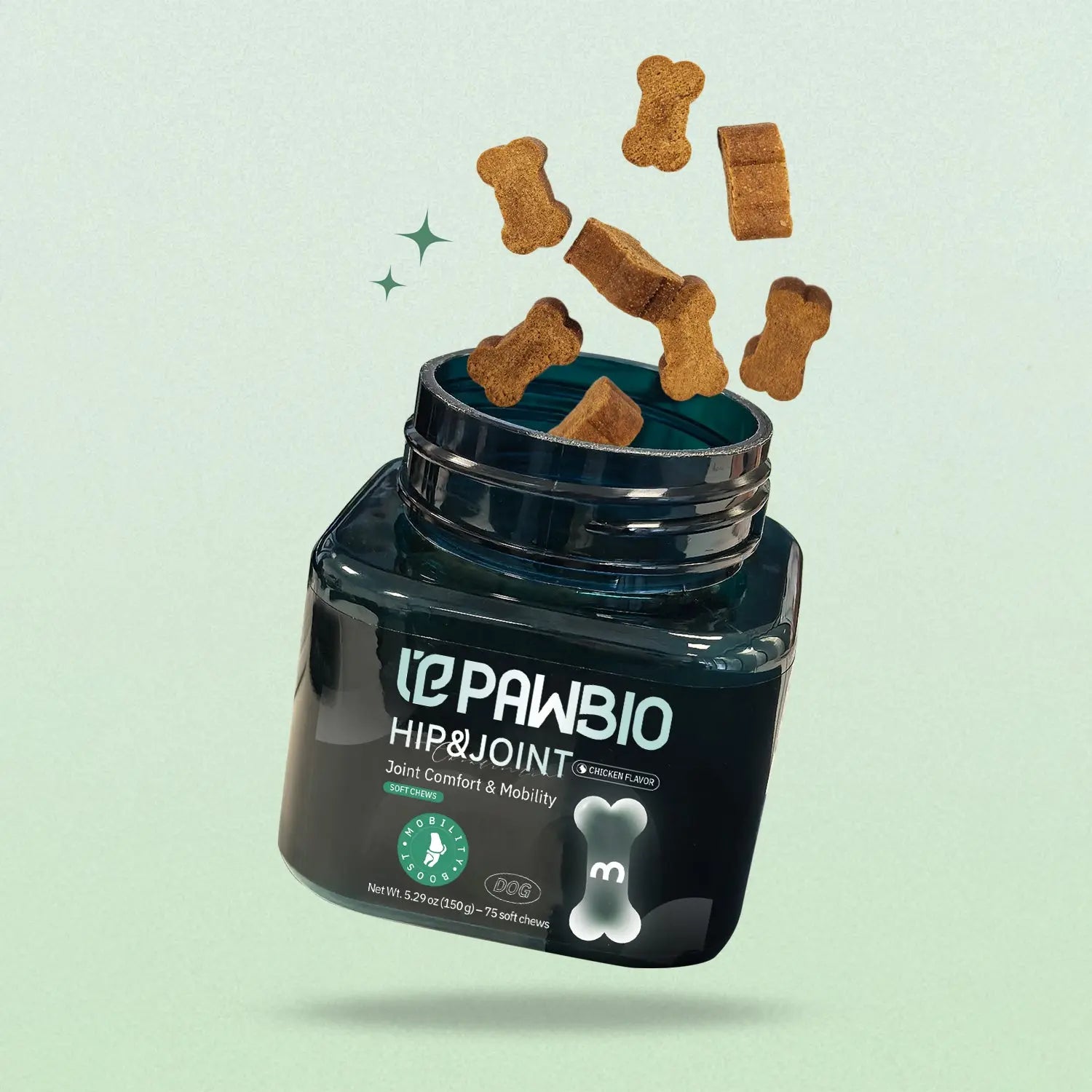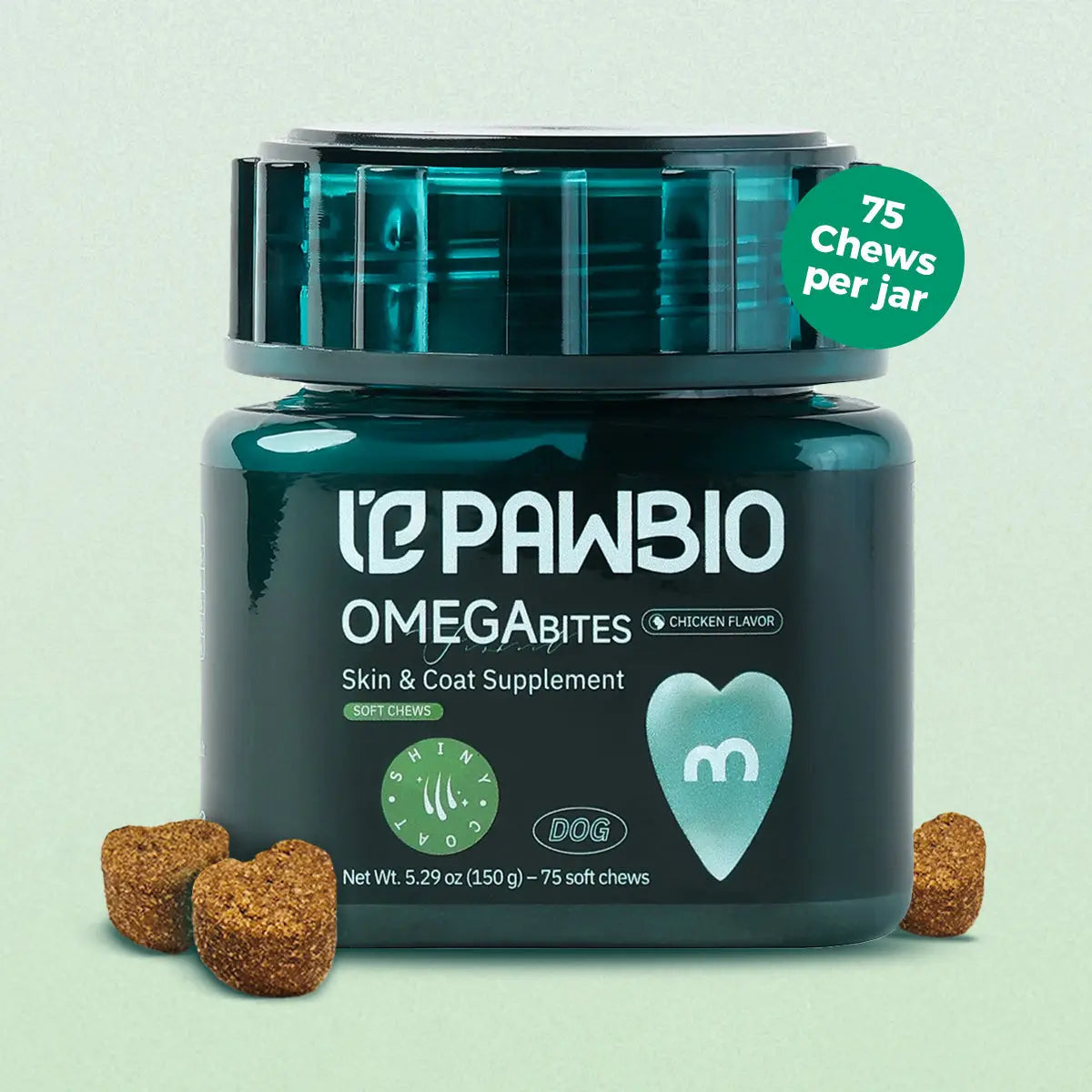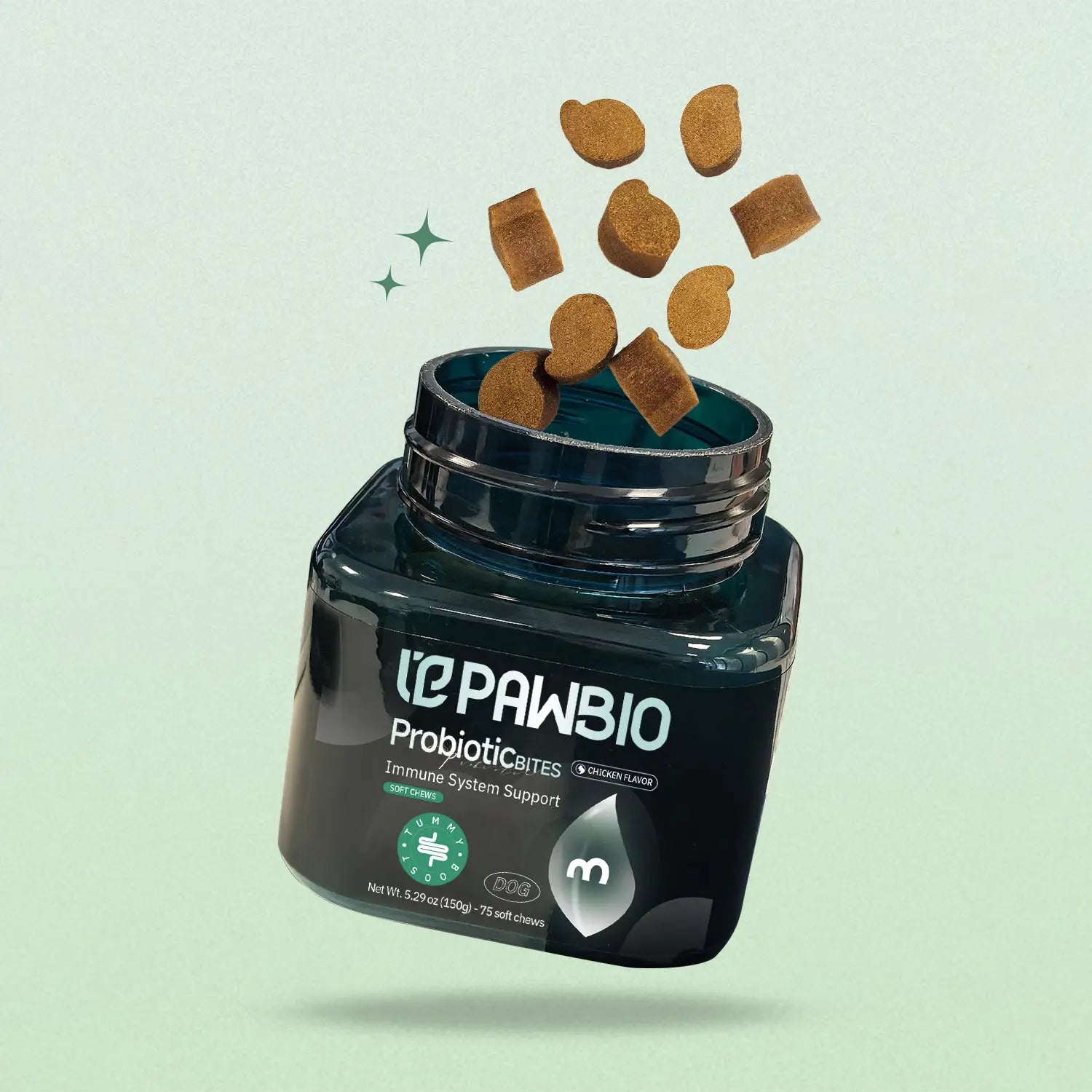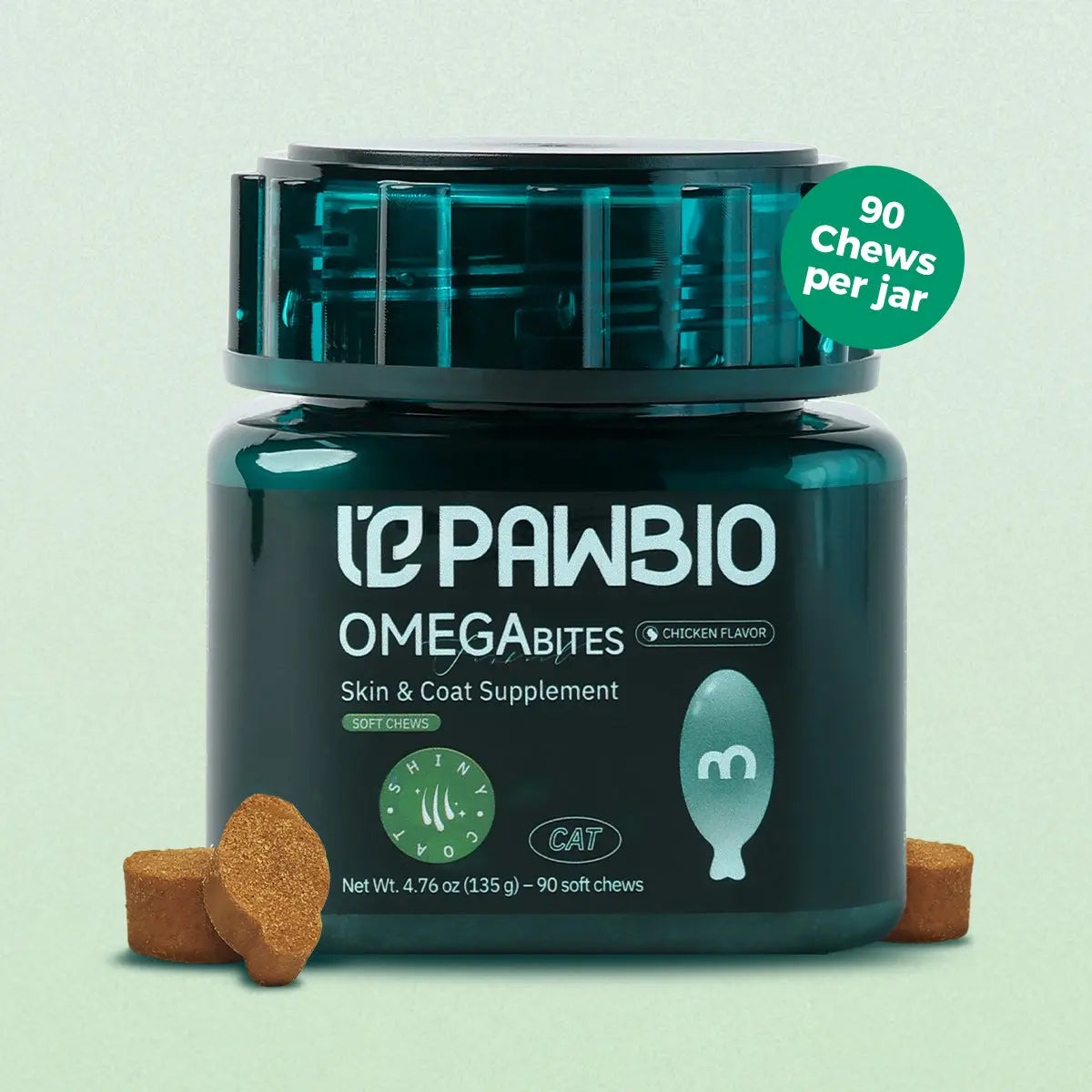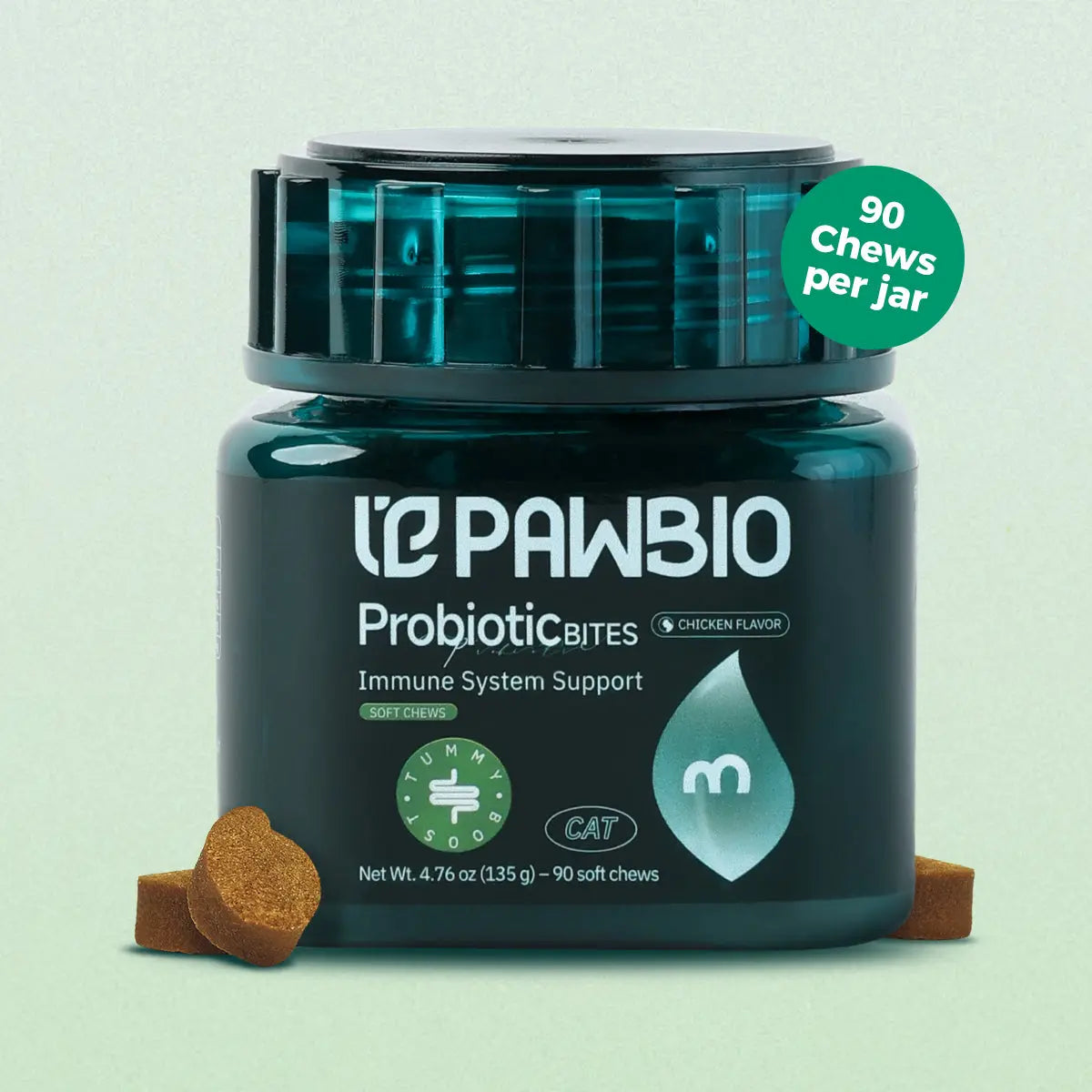As pet parents, we genuinely want our furry companions to have the happiest life possible with us. While a balanced diet and plenty of outdoor time are the foundation of their well-being, sometimes our little buddies need a bit of extra help to stay healthy and full of energy. That’s where pet supplements come in—supporting everything from joint health to digestive balance.
Let’s dive into the basics of pet supplements, why they might need them, and how to choose the right one for your pet.
Q: What Are Pet Supplements?
A: Pet supplements generally fall into two categories: nutritional supplements and health-support supplements. Each one is specially formulated to provide specific benefits—whether it’s boosting joint flexibility, calming skin irritation, or improving digestive health.
Unlike traditional pills or messy powders, today’s dog soft chews supplements are designed to be tasty and easy to give—turning supplement time into a treat your pet actually enjoys.
Q: Why Do Pets Need Supplements?
A: Even with a high-quality diet, pets may occasionally experience nutritional gaps due to age, breed, activity level, or specific health concerns. This is where supplements come in—helping to fill those gaps and offer targeted support to keep them at their best.
-
Older dogs might need extra joint supplements with glucosamine.
-
Cats with sensitive stomachs often benefit from probiotic chews for digestive balance.
-
Pets with dull coats may see real improvements with fish oil soft chews for dogs.
When combined with a healthy diet, regular exercise, and vet check-ups, nutritional supplements can boost your pet’s overall health and may even help prevent expensive vet bills (
PetMD explains how).
Common Pets Supplements
-
Fish Oil – For Shiny Coats and Healthy Skin Rich in omega-3 fatty acids, fish oil improves coat shine, soothes dry skin, and supports heart health. Research shows omega-3s can reduce inflammation in both dogs and humans (AKC). If your pet has dry skin or excessive shedding, fish oil soft chews are an excellent option.
-
Joint Supplements – A Must-Have for Active Dogs and Senior Paws Glucosamine and chondroitin are commonly used to support joint health, especially for older dogs or those with arthritis. These supplements help reduce pain and improve mobility, allowing dogs to keep enjoying their walks and playtime.
-
Probiotics – For Digestive Health Just like humans, pets can benefit from probiotics. These helpful microbes support healthy digestion, boost the immune system, and maintain gut balance. Probiotics are especially beneficial for pets with sensitive stomachs or those recovering from illness.
-
CoQ10 – For Heart Health Coenzyme Q10 (CoQ10) is a powerful antioxidant that supports heart health, particularly for senior dogs and cats. It helps maintain energy levels and promotes heart function.
Q: How Do I Choose the Right Supplement for My Pets?
A: Choosing the right supplement depends on your pet’s specific needs. Consider factors like age, breed, and current health status. For example, a young, active dog might need a general multivitamin, while an older dog may need joint-specific supplements.
Always consult your vet before adding any new supplements, especially if your pet is on medication or has pre-existing conditions. This will ensure the supplements you choose complement their current diet and health plan.
Final Thoughts: Supplements Should Complement, Not Replace Nutrition
Supplements should be an addition to your pet’s diet, not a replacement. High-quality pet food, regular exercise, and vet check-ups are all essential for your pet’s well-being. When used properly, supplements can provide extra support, helping your pet live a long, healthy, and happy life.
Remember, every pet is different, and what works for one may not be the best for another. So, always choose carefully and consult your vet—your furry friend will thank you with tail wags and warm snuggles!


